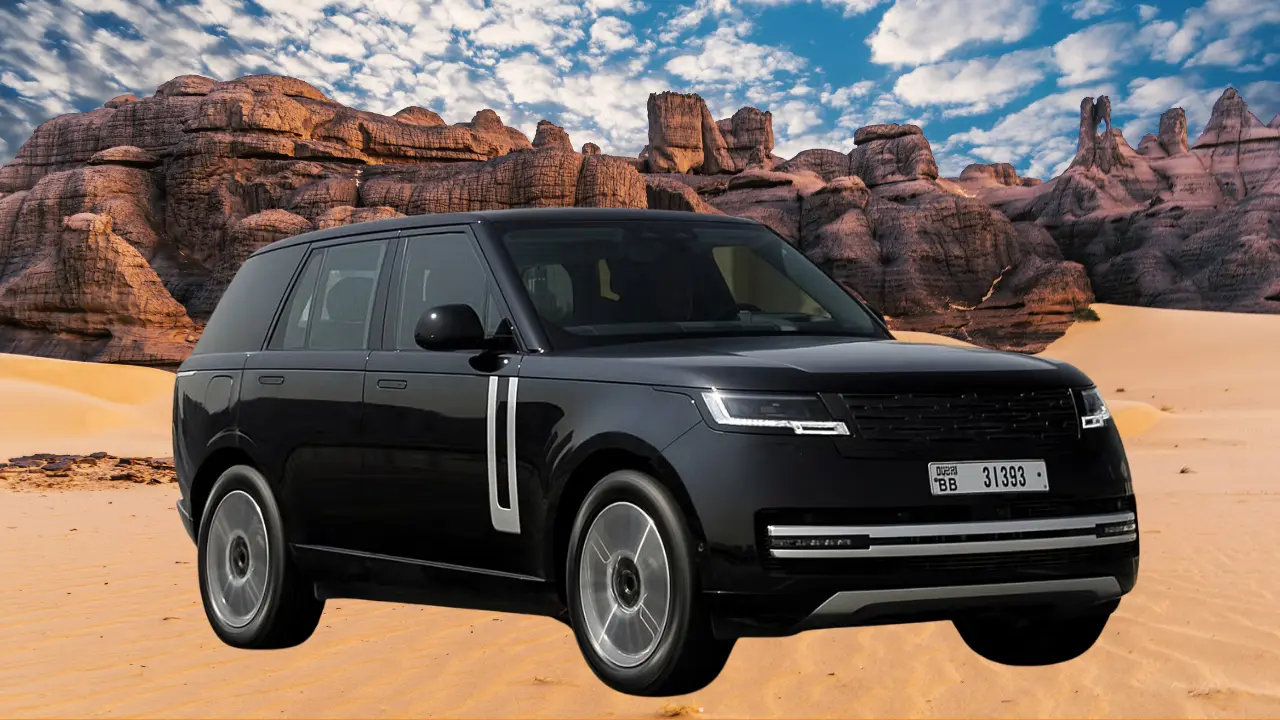Jaguar Land Rover delays delivery of flagship EV to for further testing and to wait for better demand – disappointing 62,000 worldwide customers
Jaguar Land Rover has formally delayed the arrival of its hotly anticipated Range Rover Electric until 2026, meaning yet another delay for the luxury car manufacturer’s flagship zero-emission SUV. The UK carmaker has written to some 62,000 customers, including 400 in India, to indicate the new deadline, according to direct communication.
The postponement is related to JLR’s plans for extended tests and a desire for demand for electric vehicles to improve in key markets. For JLR, CEO Adrian Mardell insisted the company would take a cautious approach: “We’re not going to rush that transition, we are going to nail it”.
Technical Specifications Revealed
Although delayed, JLR has displayed some of the most important parts of the Range Rover Electric. The luxury SUV will be powered by a huge 117 kWh battery pack, consisting of 344 prismatic cells installed in a two-level configuration, making it travel up to an estimated 500 kilometers before needing to be recharged.
The electricized Range Rover has following among its powertrain components:
- One motor per axle fires the dual-motor setup
- 542 bhp and 850 Nm between 2500-4500rpm
- 800-V technology for charging at up to 350 kW
- Anticipated 0-62 mph sprint of about 4.5 seconds
Wider Impact On JLR’s EV Strategy
It’s not just the Range Rover Electric that is delayed – the delay extends to JLR’s entire electric push. The electric Range Rover Velar, planned for initial production in April 2026, could potentially be delayed further. What’s more, Jaguar’s transition to a pure-electric luxury brand has been delayed and the first all-new Jaguar BEV is now expected to enter production in August 2026.
JLR’s struggles are symptomatic of broader forces acting on the auto industry, including US tariff threats and changing market trends. The automaker, which is owned by India’s Tata Motors Ltd., recently slashed its profit margin target for the fiscal year 2026 to 5-7% from 10%.
Read Also : Ford Bronco New Energy SUV Unveiled With 1,220km Range
Market Context And Competition
The Range Rover Electric is facing an uphill battle against its luxury EV rivals, with the delay leaving it at a disadvantage. It is expected to be priced above ₹3 crore in India and will take on the likes of premium electric SUVs from BMW, Mercedes-Benz and other luxury car builders in the segment.
Despite the current delays, simply-auto.com reports that JLR remain committed to selling electric versions of all its brands by 2030. “What we can say is that there are no fixed principles, we only have working plans and vehicle concepts that allow us to comply with the market development and customer needs.”
Although the Range Rover Electric is based on the MLA-Flex platform underpinning its sister Range Rovers, the move is likely to see production unfolding alongside existing petrol and diesel models at JLR’s Solihull plant – rather than Giant’s Causeway, home of Stobart Energy, the company which has the first charge.
